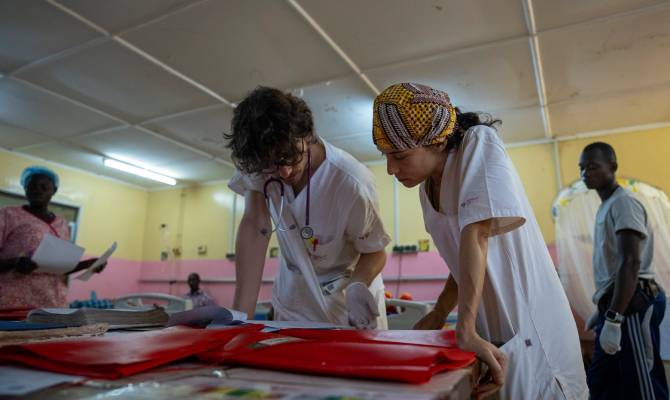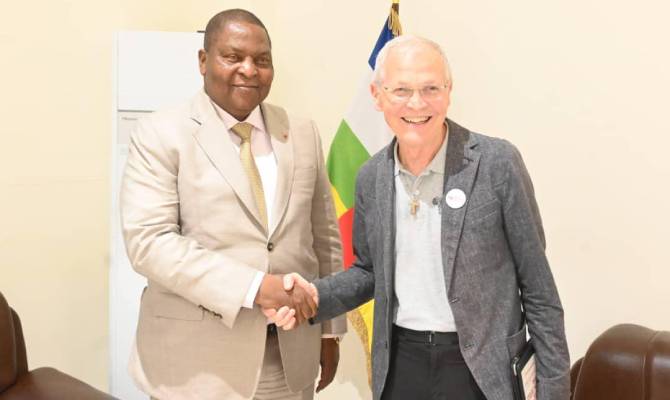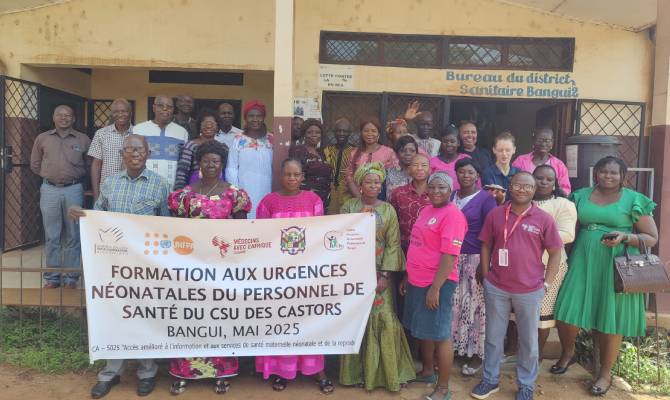The Central African Republic is one of the countries with the highest neonatal mortality rate in the world, 40 babies per 1,000 live births. These numbers are even more worrying when compared with those of more ‘developed’ countries, such as Italy, where the neonatal mortality rate is 2 in 1,000 live births.
“Since none of us chooses where we are born, this difference is even more difficult to accept and brings with it a moral duty to do something about it,” says Dr Hovaire, a paediatrician at Bangui Children’s University Hospital.
According to the 2020 report of the United Nations Inter-Agency Group for Child Mortality Estimation (UN-IGME), maternal and child mortality in the world, while declining, remains high and inequitable. African women and children face a significantly higher risk of dying than those living on other continents. Newborn babies are 10 times more likely to die within the first month of life than babies in rich countries, and Sub-Saharan Africa has the highest neonatal mortality rate: 28 deaths per 1,000 live births (UNICEF).
But what causes such a high mortality rate? Among the factors, certainly a still very low diffusion of assisted delivery by qualified personnel, around 40%.
“It is essential to provide continuous support to improve the skills of Central African health workers, particularly in the areas of neonatal resuscitation and management of complications,” Dr Hovaire continues. This will help to reduce the neonatal mortality rate, to which neonatal asphyxia contributes 30%”.
To achieve this goal, Doctors with Africa CUAMM is working with local operators at the Children’s University Hospital in Bangui to provide continuous lifelong training in neonatal care, including resuscitation, and combining theory with simulations of real cases using dummies. Only by investing in human resources and strengthening skills will it be possible to achieve concrete results in reducing neonatal mortality, all in the spirit of support and accompaniment of Doctors with Africa CUAMM.







